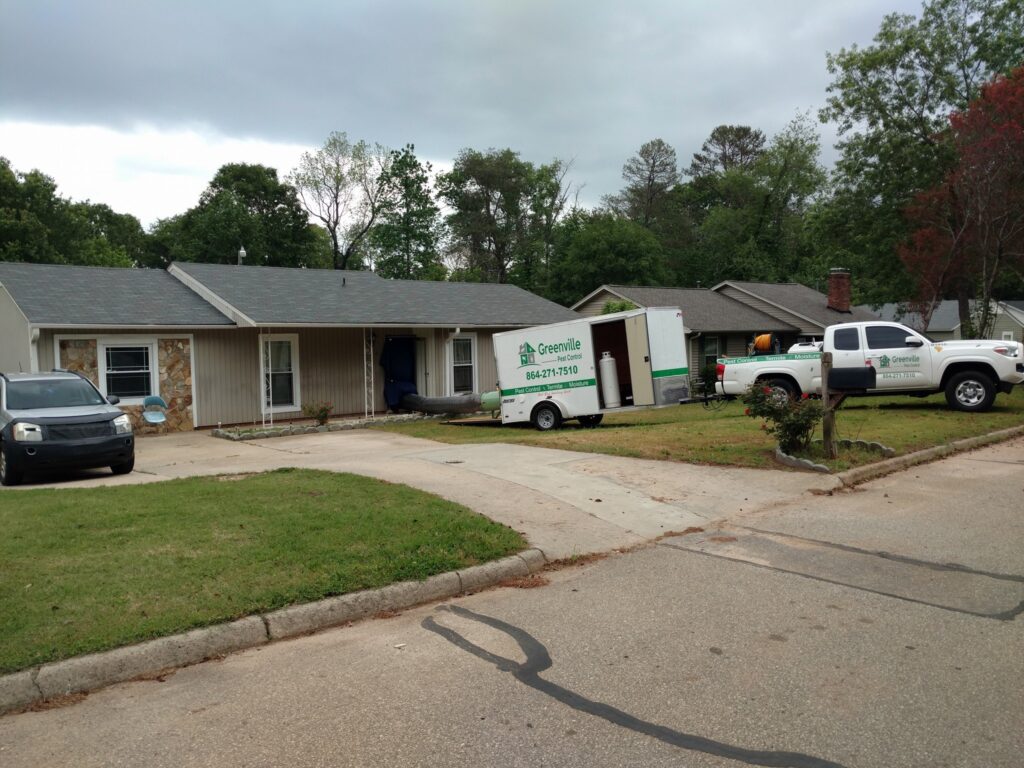Pest problems rarely start with a sudden invasion. Most infestations develop gradually, often going unnoticed until pests have already settled in. By the time obvious signs like droppings, damaged food packaging, or scratching sounds appear, pests are usually well-established. The most effective way to avoid this is by adopting a proactive approach to pest control.
Preventing pest problems before they start means addressing the conditions that attract pests, blocking their entry points, and making your home less accommodating. A pest-free home requires awareness, consistency, and expert guidance. This article outlines professional strategies to help you protect your space from unwanted guests throughout the year.

Block Pest Entry Points Early
One of the most important steps in preventing pest problems is securing the perimeter of your home. Pests often enter through small, overlooked gaps in foundations, vents, siding, or around pipes. Sealing these openings significantly reduces the chances of an infestation taking hold.
- Inspect exterior walls, windows, and door frames for gaps or cracks
- Use weather stripping and door sweeps to close bottom and side gaps around doors
- Apply caulk or expanding foam to seal holes where utilities enter the home
- Repair or replace damaged screens on windows and vents
- Install chimney caps and cover crawlspace vents with mesh
These simple fixes make it far more difficult for pests like rodents, cockroaches, and ants to enter in the first place. This blog post on sealing entry points goes into further detail about how small gaps can quickly lead to larger problems.
Maintain a Clean and Uncluttered Living Space
Cleanliness is more than a matter of hygiene when it comes to pest prevention. Pests are drawn to cluttered environments where food, water, and shelter are easy to find. Eliminating attractants inside the home is a key part of any prevention plan.
- Keep all food stored in sealed containers and avoid leaving it out overnight
- Wash dishes promptly and wipe down kitchen surfaces after use
- Regularly vacuum and sweep to remove crumbs and debris
- Take out the trash frequently and clean bins to prevent odor buildup
- Minimize clutter in storage spaces like attics and basements, where pests can hide
By making your living space less accessible to pests, you reduce the odds of attracting them in the first place. A clean home also allows you to spot early warning signs before an infestation spreads.
Address Moisture and Drainage Issues
Moisture is one of the most overlooked contributors to pest problems. Many insects and rodents are drawn to areas with high humidity or standing water, which offer ideal conditions for nesting and reproduction. Preventing pest problems includes keeping your home dry, ventilated, and free of water buildup.
- Fix leaking pipes and dripping faucets inside and outside the home
- Use dehumidifiers in basements, crawlspaces, and other damp areas
- Ensure gutters and downspouts direct water away from the foundation
- Avoid overwatering plants near the base of your home
- Check under sinks and behind appliances for hidden water damage
When moisture is eliminated, pests such as termites, ants, and silverfish are far less likely to thrive. This type of prevention helps protect both your health and your property.
Monitor Outdoor Areas That May Invite Pests
Your yard and exterior property play a major role in determining whether pests are likely to target your home. Outdoor clutter, overgrown landscaping, and poor sanitation create the perfect environment for pests to breed and eventually find their way indoors.
- Trim trees and shrubs away from the home to prevent bridges for pests
- Keep woodpiles elevated and at least 20 feet from the foundation
- Remove leaf litter, standing water, and old furniture from the yard
- Clean up fallen fruits or vegetables from gardens that may attract wildlife
- Store garbage and compost in tightly sealed containers
Many pest problems begin outside before becoming visible indoors. Being proactive with landscaping and yard maintenance will reduce the risk of pests migrating into your home.
Recognize When Professional Help Is Necessary
Even with the best prevention efforts, pests can sometimes find their way in. Early signs like droppings, damage to insulation or packaging, and unexplained noises in the walls may indicate an emerging problem that needs expert attention. This is especially true for more difficult invaders like rodents.
When pest activity is suspected, seeking professional inspection and treatment ensures the problem is identified and addressed before it escalates. Experts have the tools and training to locate hidden nests and apply safe, targeted control methods. For rodent concerns specifically, this rodent control guide explains what to expect from professional solutions.Pests are opportunistic and will take advantage of any condition that makes entry or survival easier. The best way to stay ahead of infestations is by being proactive. Focus on sealing access points, removing attractants, addressing moisture issues, and maintaining your property both inside and out. If you’re looking for long-term prevention and peace of mind, contact Greenville Pest Control for expert evaluation and tailored pest protection.


